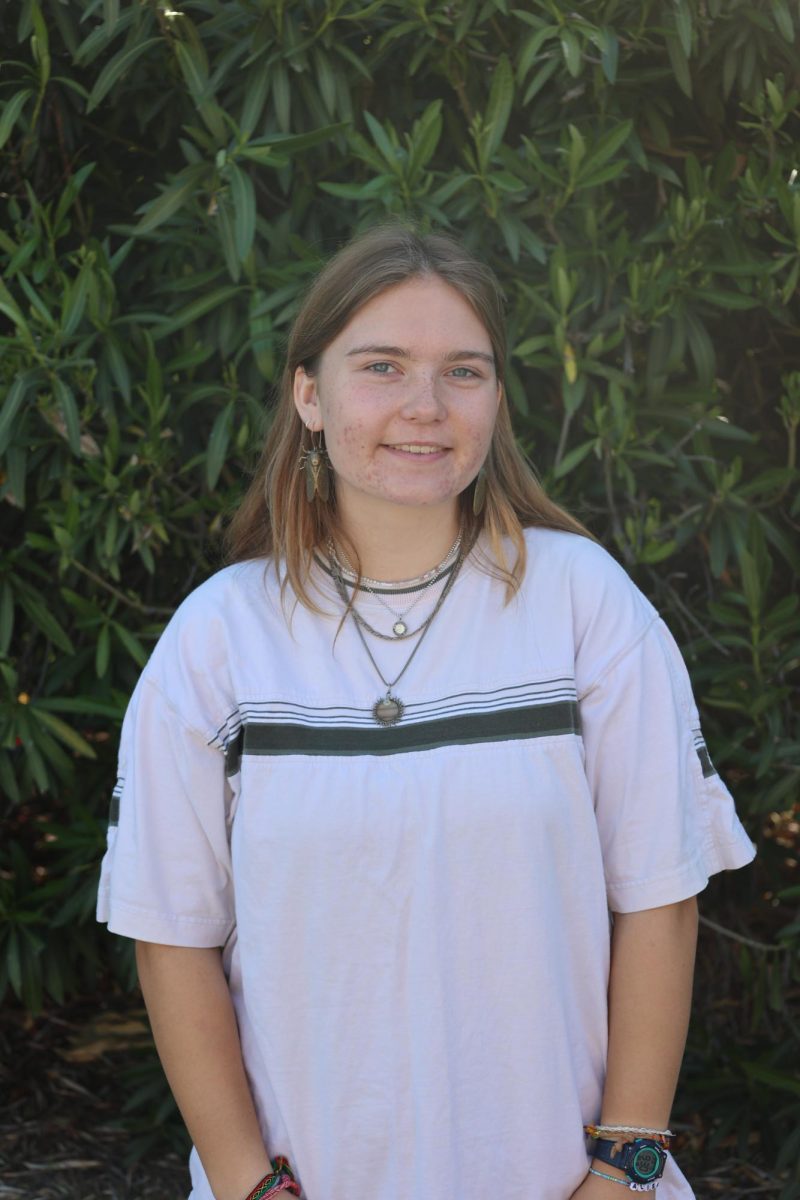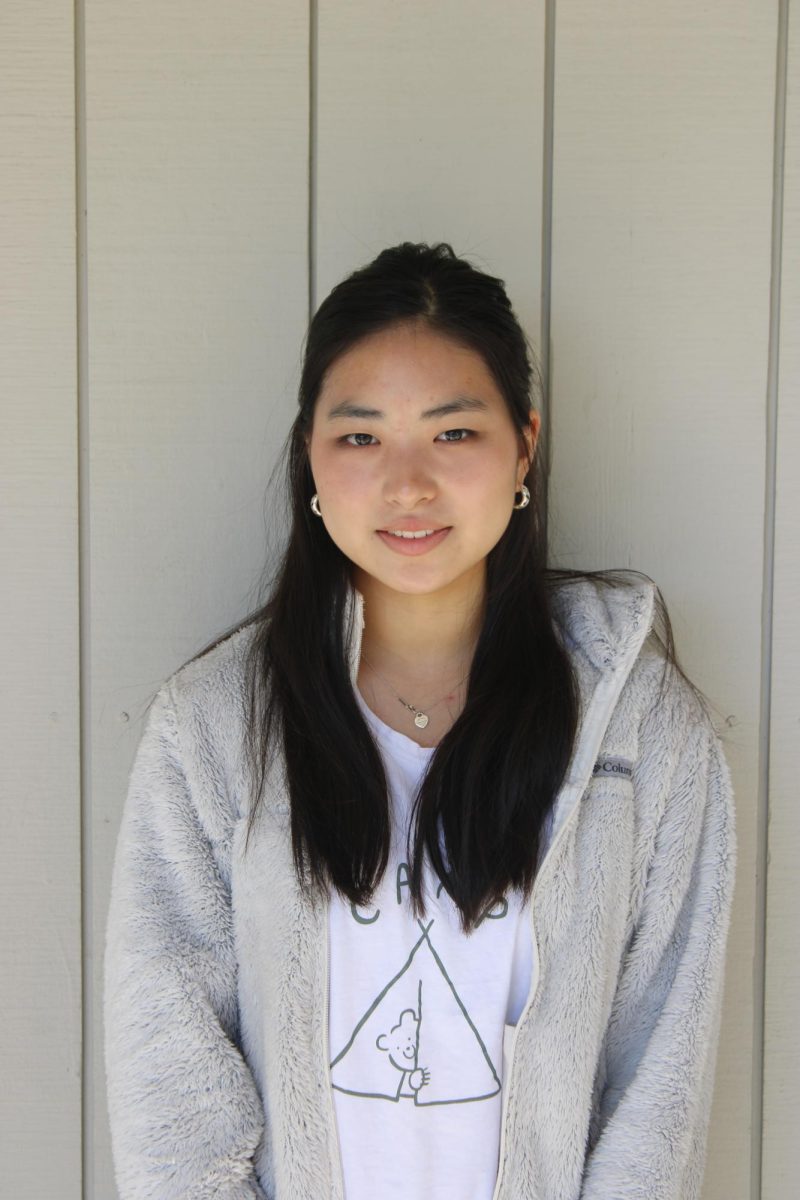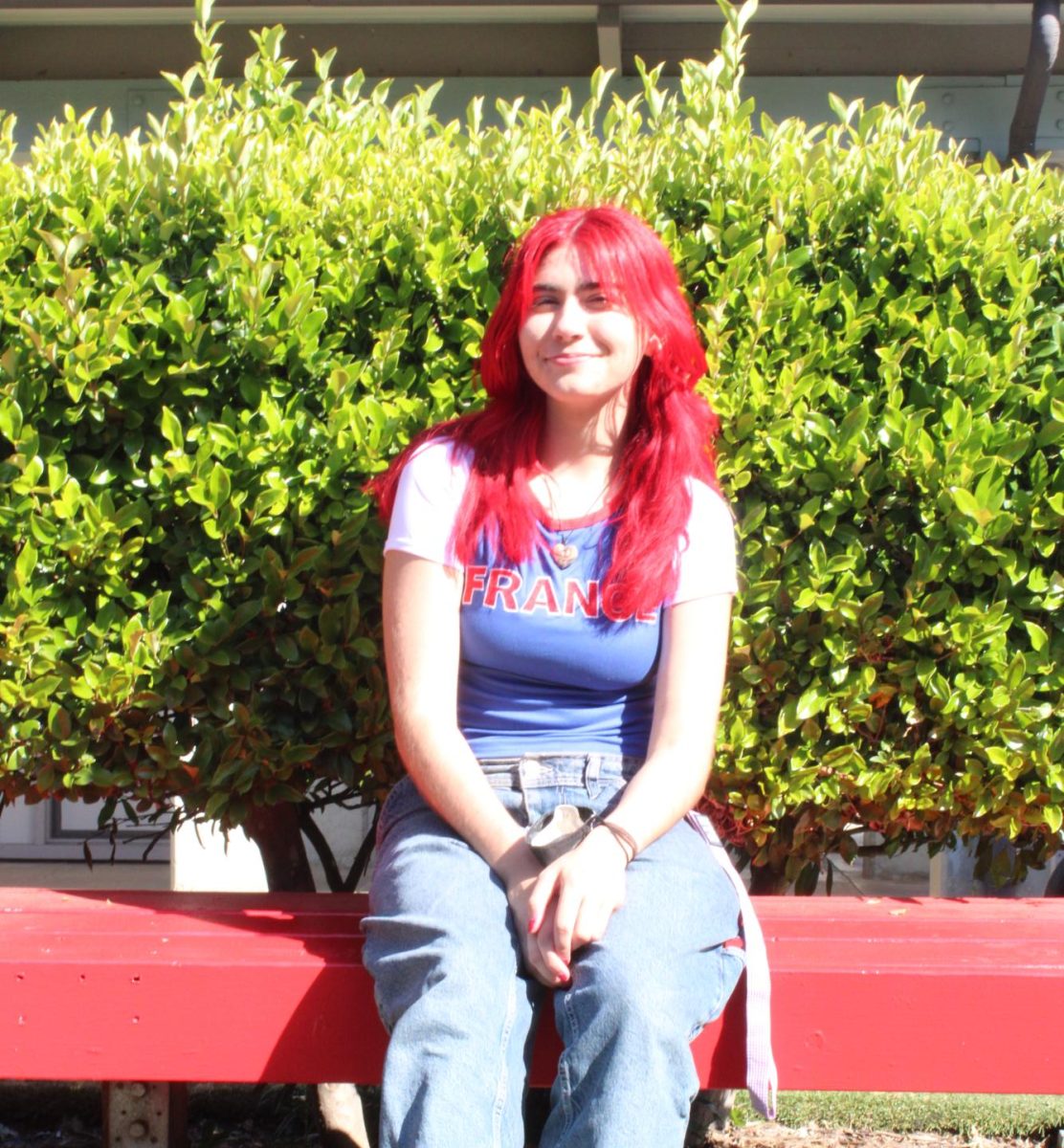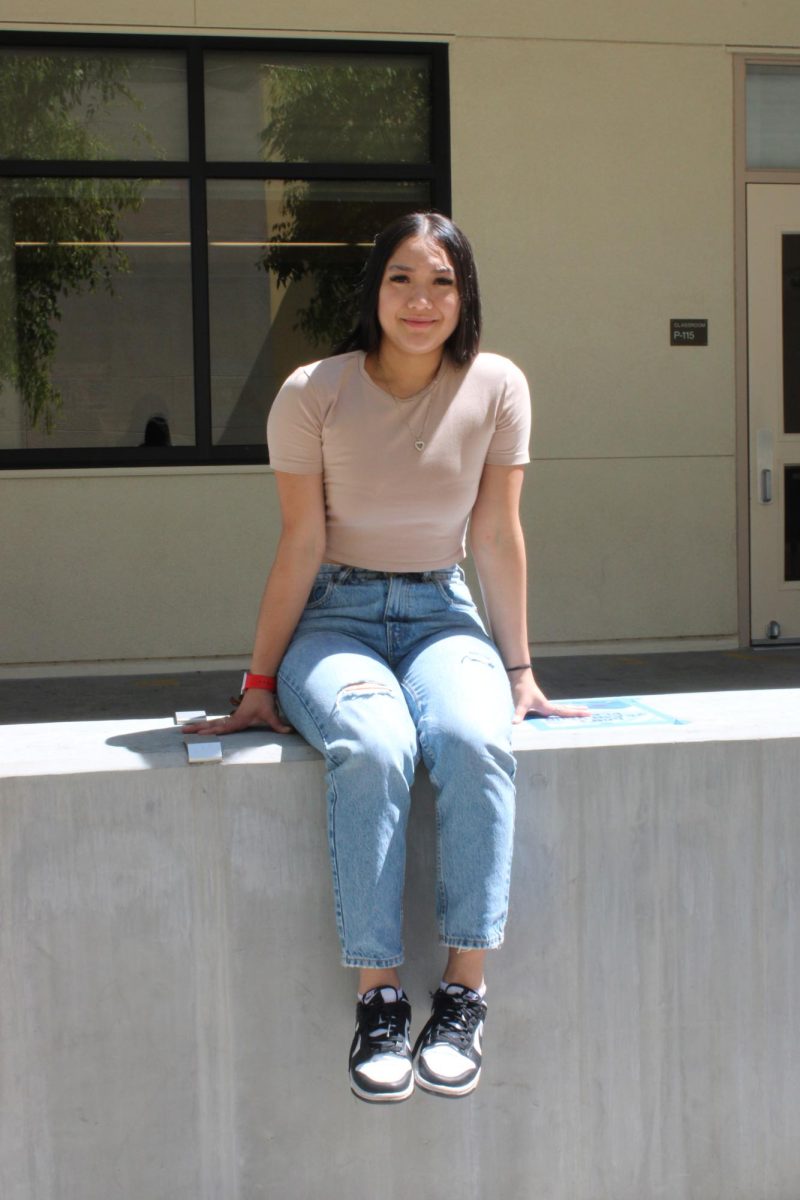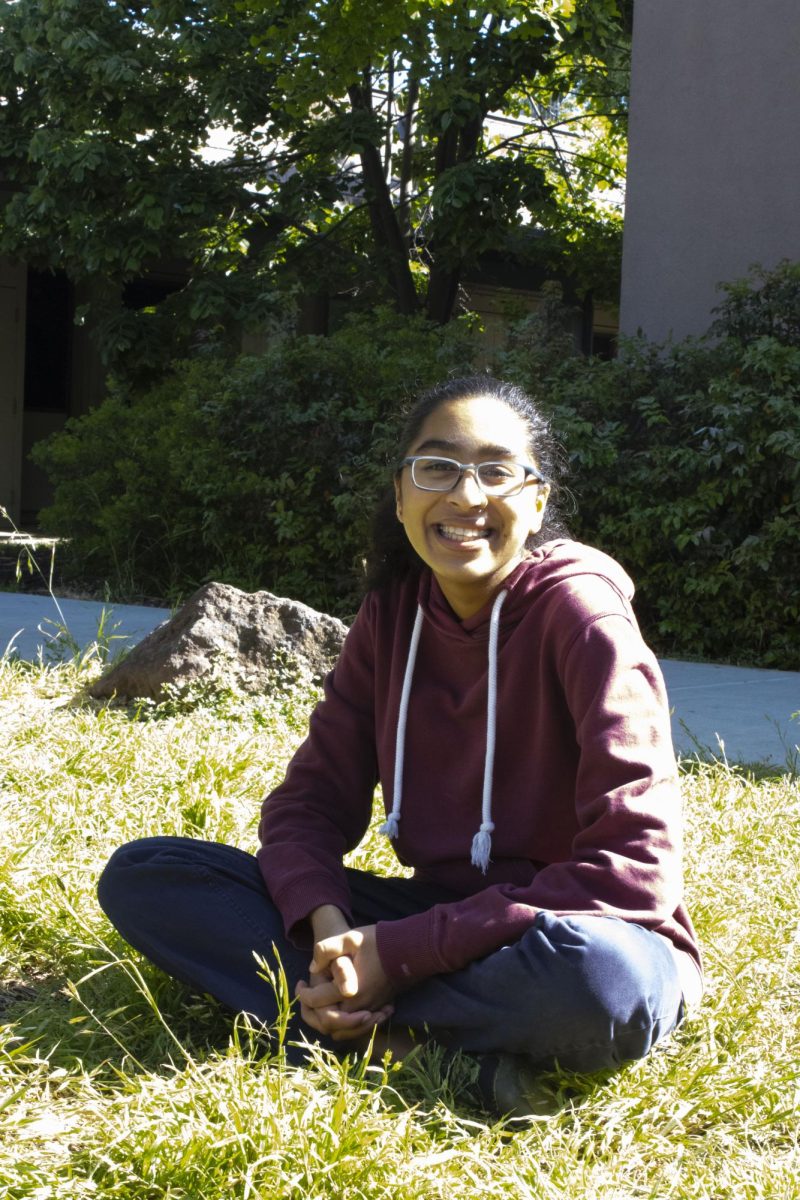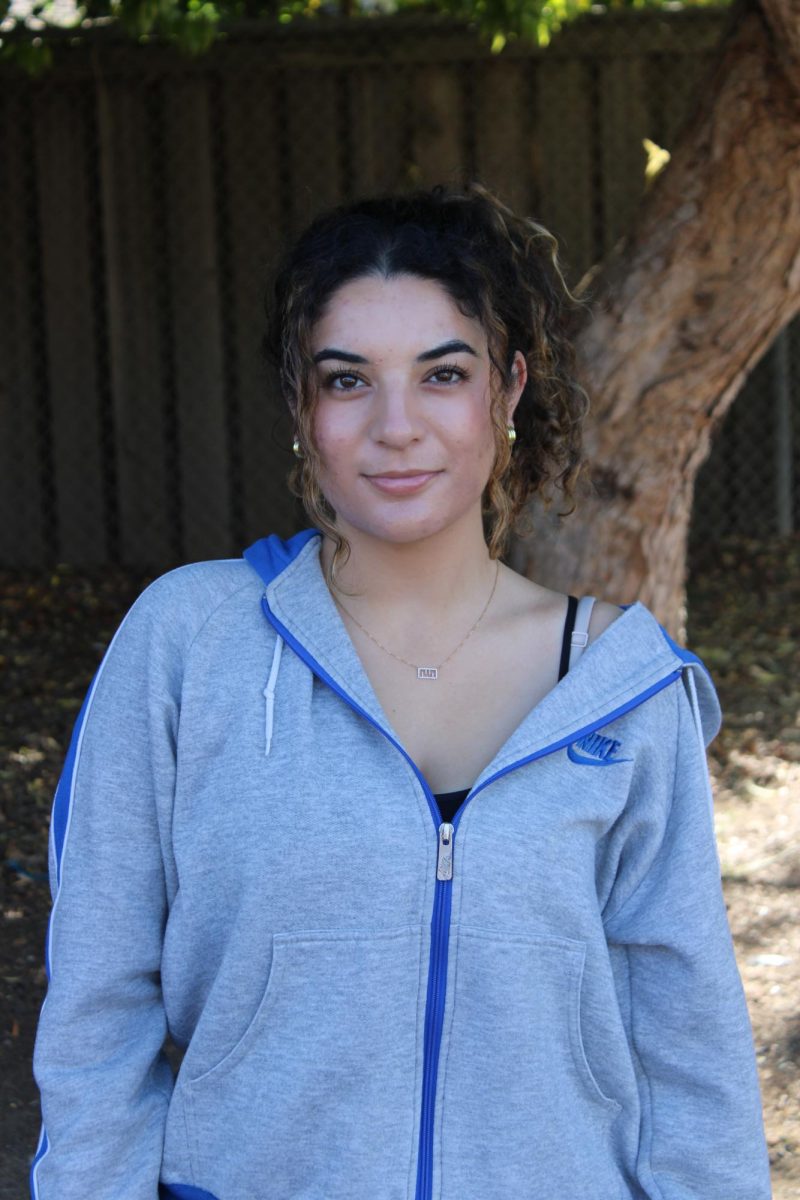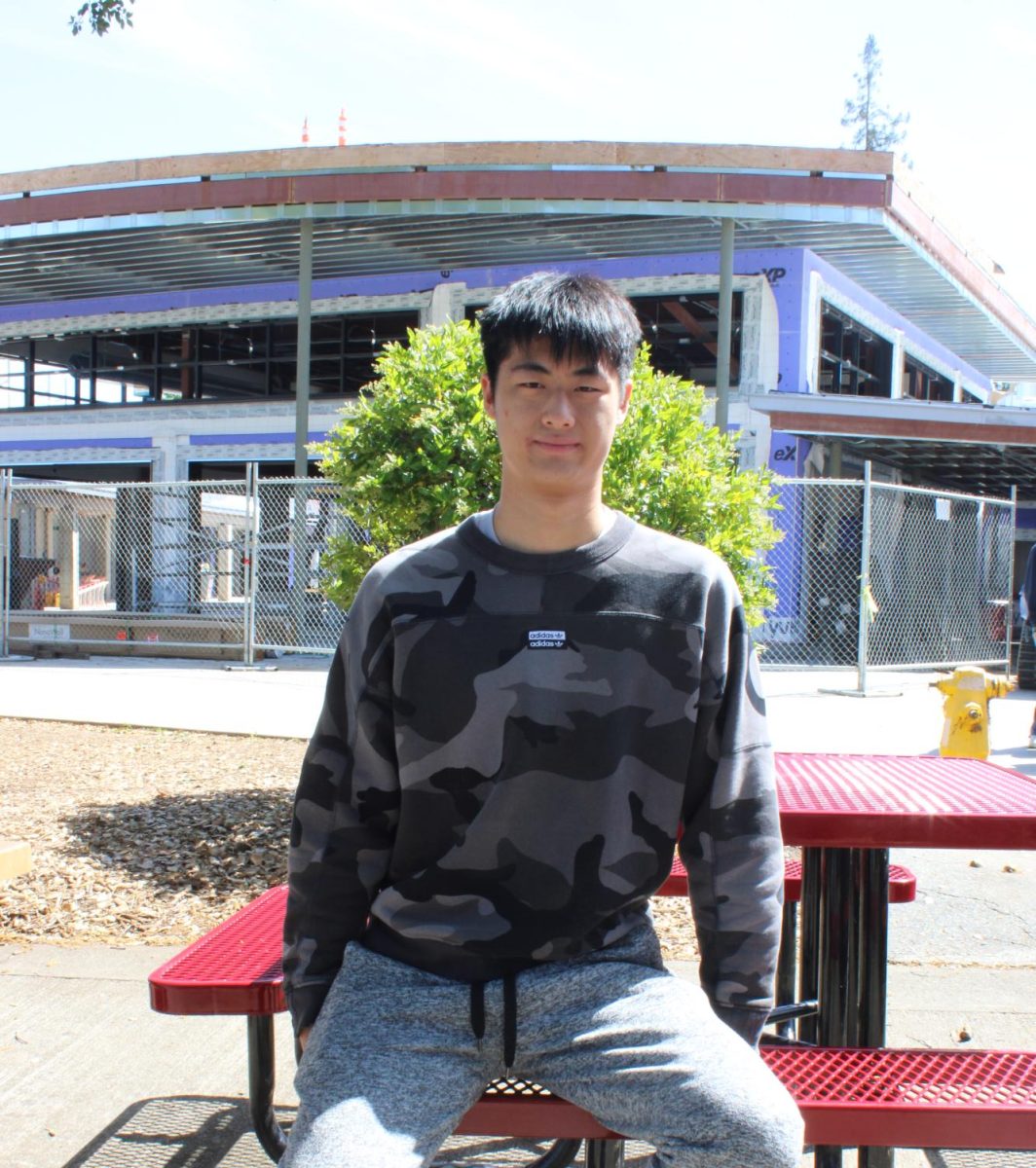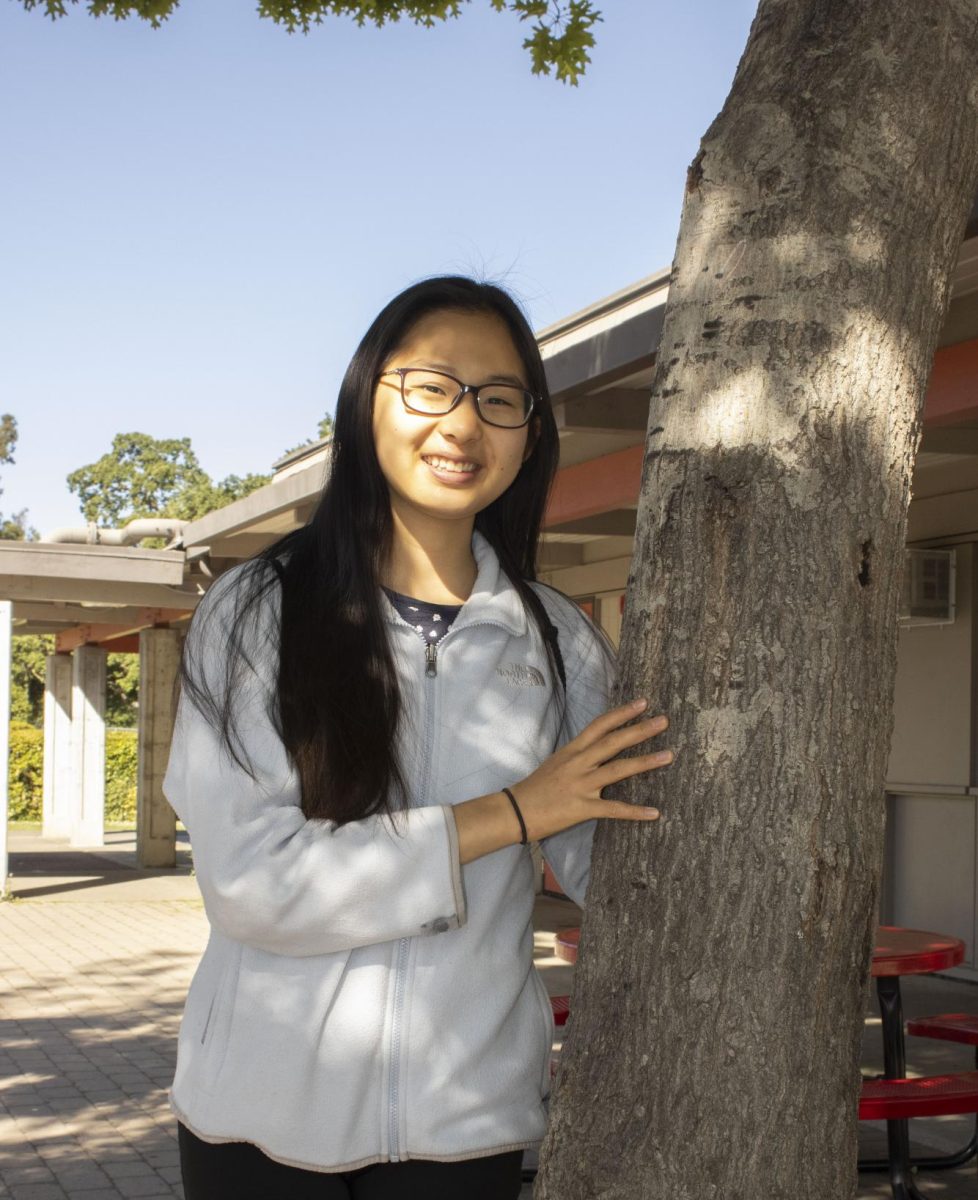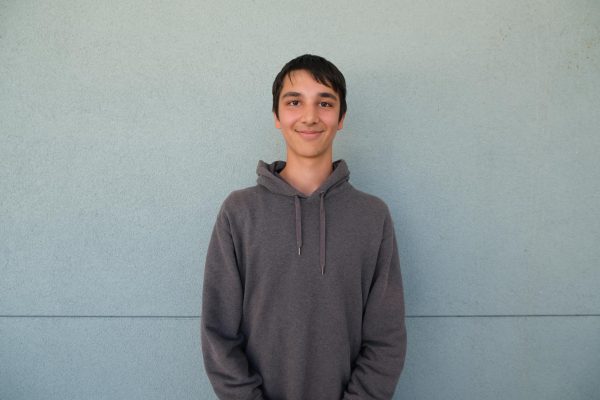“Now, where you sit in the cafeteria is crucial,” Janis Ian tells protagonist Cady Heron in “Mean Girls.” The camera zooms in on Ian’s meticulously hand-drawn map detailing the cliques of North Shore High School, from the “preps” and “JV jocks” to the “girls who eat their feelings” and “desperate wannabes.” As a highly impressionable middle-schooler watching the flim for the first time, there were two cliques that particularly stood out to me: the “Asian nerds,” clad in striped shirts and glasses, and the “cool Asians” at the next table, distinguished by their highlighted hair, piercings and crop tops.
For the better part of my teenage years, I believed I had to choose between these two groups. Swayed by the stereotypes of ’90s and early 2000s media, I hated being called a “nerd,” believing that equated to social ineptitude, physical weakness, laughably overbearing intellect and, overall, undesirability. I feared trying too hard in school, sounding too smart, thinking that’d inevitably cost me a seat at the “cool kids” table.
Thankfully, however, I never had to step foot in the segregated cafeteria of North Shore High. Instead, at Gunn, I found a sense of belonging through my nerdiness. In a place where — in the words of Dr. Mellows — “everyone is a genius,” I’ve met so many people who seriously just love what they do and will take any opportunity to learn more. As I watched my friends, peers and teachers “geek out” over everything from music to biology to World War II, I realized that intellectual curiosity is truly one of the most admirable traits in this day and age.
Perhaps the most refreshing part, I think, about being surrounded by nerds is how unashamedly passionate they are about their interests, no matter how niche they might be. Living in the great technological hub that is Silicon Valley, I always felt pressured to pursue STEM-related subjects despite growing up with a certain fondness for art. But joining The Oracle in my sophomore year of high school, I found a whole community of people who love to write and create, and in the presence of their fascination, I was able to cultivate my own.
Moreover, Gunn taught me to challenge the traditional image of the painfully awkward, scrawny nerd who stays in on weekends to study and, despite all their efforts, cannot seem to win over the girl or guy of their dreams. I realized that you can, in fact, have a great circle of friends, play varsity sports, party on the weekends and still be a nerd. Nerds’ authenticity, enthusiasm and curiosity shaped a whole new meaning of the term in my head, and I began to take the word as a compliment instead of something to be ashamed of.
So, rather than fearing social rejection, I invite you to embrace your inner nerd. Cars, cooking, coding or crosswords — whatever it may be, fnd something that excites you, that could talk for hours on end about, and commit to learning as much as you can about it. As Jeopardy! champion Ken Jennings puts it: “Trivia is mainstream. ‘Nerd’ is the new ‘cool.’”



